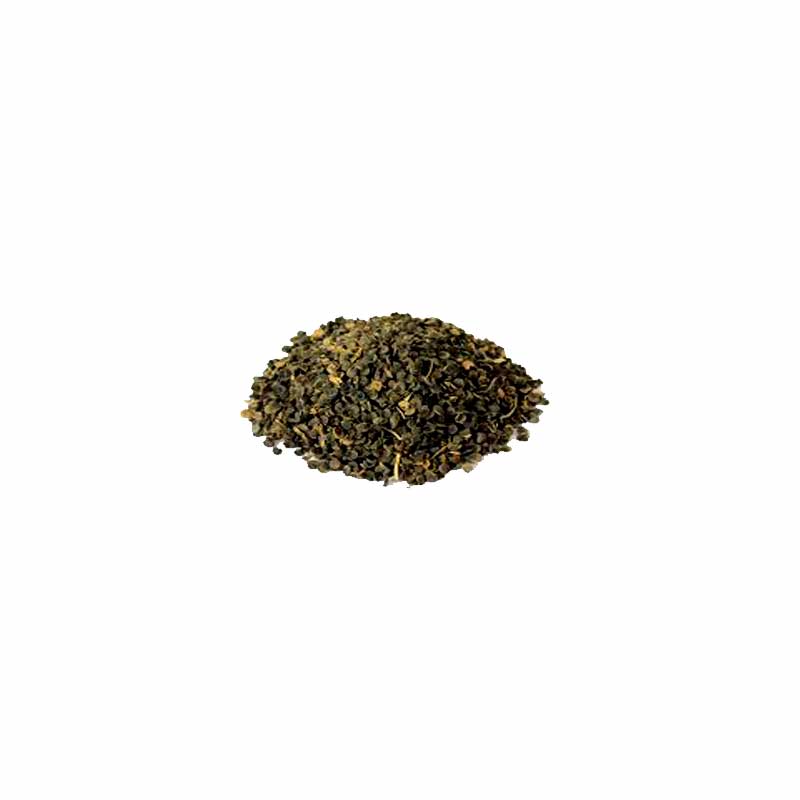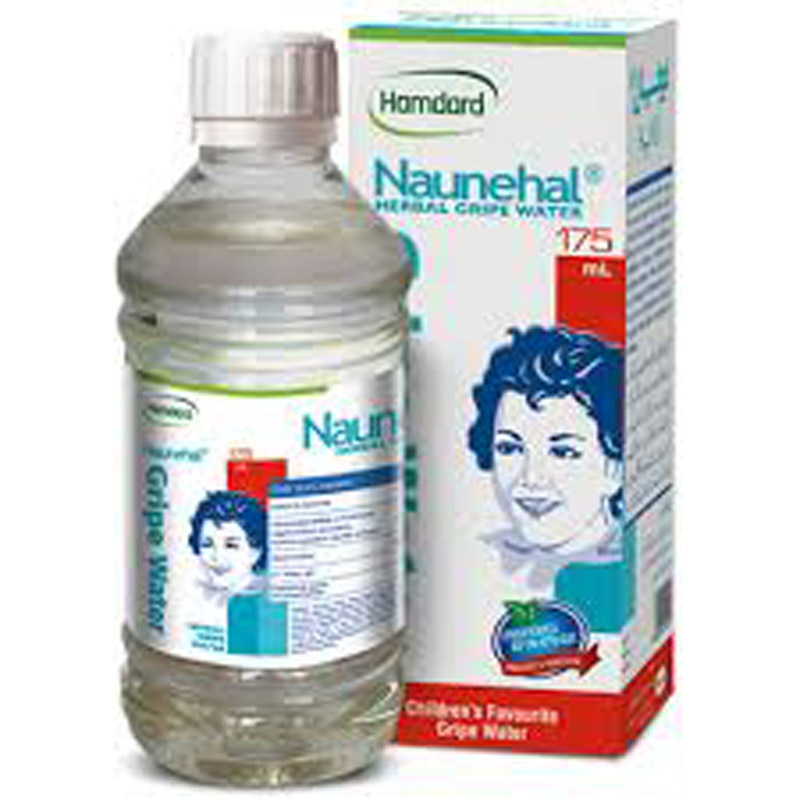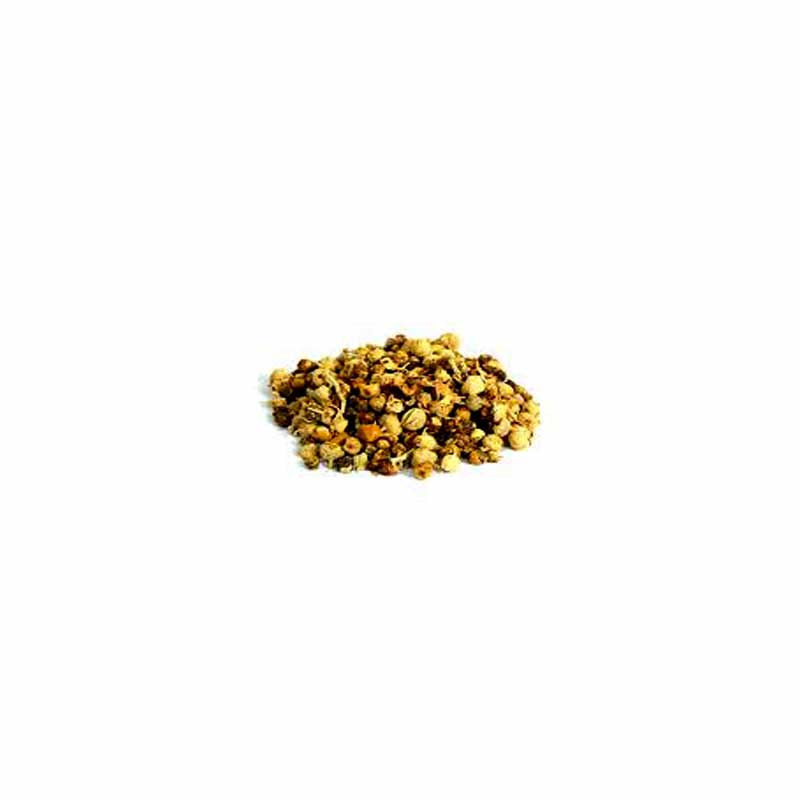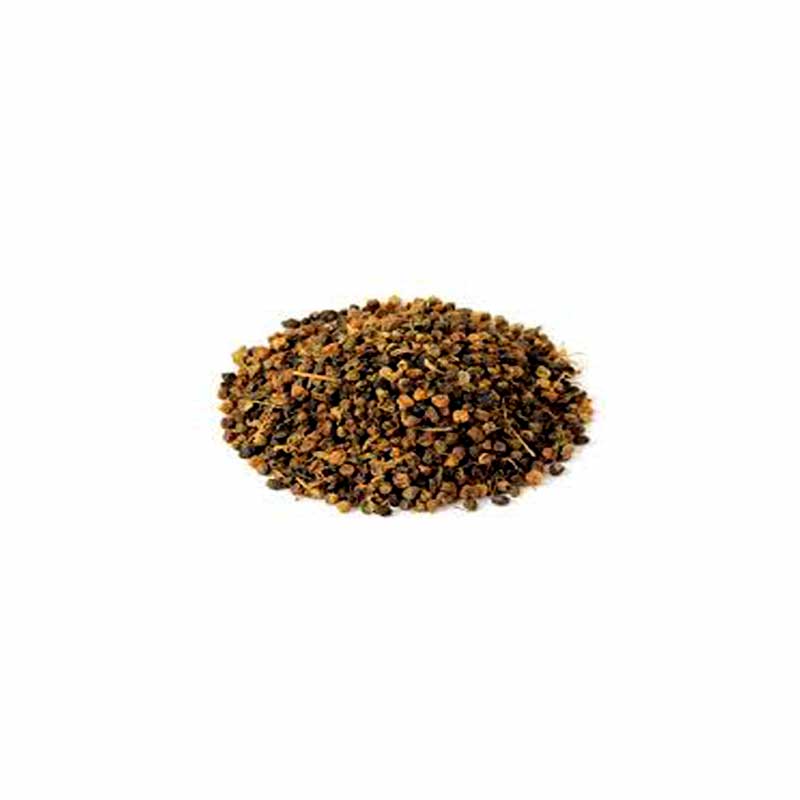Description
It is an African plant with sort roundish leaves and small pale flowers. It was originally used medicinally by the Egyptians. Its usage was later adopted by the French. Marshmallow has been used to treat certain digestive disorders, including heartburn, indigestion, ulcerative colitis, stomach ulcers, and Crohn’s disease. Many people use marshmallow root for various ailments, including coughs, skin irritation, and digestive problems, such as ulcers. It comes in the forms of a powder, capsule, tea, and cough syrup. Marshmallow may be a helpful aid to radiologic esophageal examination. There is tentative evidence that marshmallow may also help with respiratory disorders such as asthma. Marshmallow extract is sometimes added to creams and used to treat inflammatory skin conditions, such as eczema and contact dermatitis.
- Help treat cough and colds.
- Help to relieve skin irritation.
- Promote overall skin health.
- Improve digestion.
- Improve Heart Health.
Constituents
Purified homogeneous mucilage of marshmallow mucilage is composed of L-rhamnose, D-galactose, galacturonic acid, and D-glucuronic acid, Scopoletin, quercetin, kaempferol, chlorogenic acid, caffeic acid, and p-coumaric acid are also present in the roots.
Benefits
Precaution
The use of herbs is a time-honored approach to strengthening the body and treating disease. However, herbs can trigger side effects and can interact with other herbs, supplements, or medications. For these reasons, you should take herbs with care, under the supervision of a health care provider.
Marshmallow is generally considered safe. It has no reported side effects. It appears to be safe for use during pregnancy and breastfeeding, although you should check with your doctor before taking it.
One study suggests marshmallows may lower blood sugar levels. So people with diabetes should talk to their doctors before taking marshmallows.
Additional information
| Dimensions | 15 × 15 × 15 cm |
|---|





Reviews
There are no reviews yet.